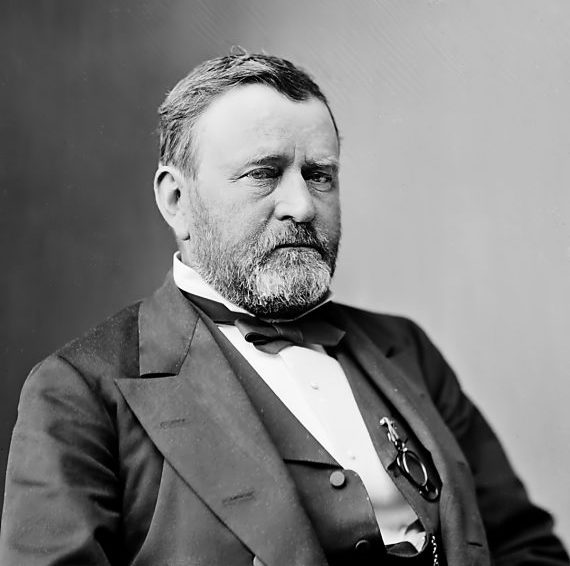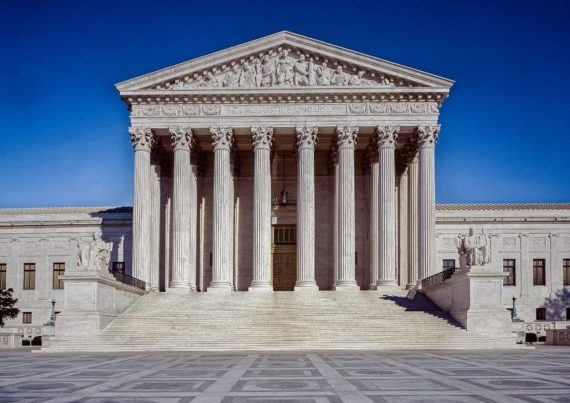It is no surprise to Civil War students that Ulysses Grant’s reputation has soared over the last fifty years. During the past twenty years nearly all of his biographies have been favorable. They typically ignore, minimize, or deny his failings. Examples include those of Jean Smith, H. W. Brands, and Joan Waugh. Two more will apparently join the group later this year. One from Ron Chernow, who wrote the biography upon which the hit Broadway show Hamilton is based and the second will be Ronald White’s American Ulysses.
Nonetheless, several lesser-known authors have recently provided analyses that question Grant’s lofty reputation. They might persuade a venerable reader that Grant’s reputation, once too low, is presently too high. But a reader who first studied Grant in the past twenty-five years will be shocked and might infer that Grant’s reputation should be dropped to a new low.
Joseph Rose published an 800-page expose titled Grant Under Fire. Professor Frank Varney wrote General Grant and the Rewriting of History after studying the errors and self-serving statements in Grant’s memoirs. David Moore wrote a biography on General William Rosecrans who he felt Grant had wronged. Readers seeking an earlier bio that is not overly critical, or overly favorable, may enjoy the Pulitzer Prize winning one from William McFeely.
As for me, the Sesquicentennial of Reconstruction led me to study Grant’s presidency. Despite numerous scandals his reputation has recovered so much that recent biographers give him an unmerited “pass” as president. They typically emphasize that he used federal power to attack the Ku Klux Klan and tried to sustain black voting power in the South. However, they miss or minimize two essential points.
First, the moral standards of the Reconstruction state governments—or any state and local governments— would march to the tunes played in Washington. Unfortunately, there was never worse music. Washington venality during Grant’s eight years as president was probably never surpassed. Moreover, his own family, administration officers, and aides were all to often at the center of it. Gant himself is not above suspicion. The episodes are so numerous that I shall only provide selected examples in the weeks ahead. While Grant’s presidential conduct does not condemn his military leadership, it does draw his underlying character into question.
Second, Grant’s attack on the KKK and his sporadic efforts to sustain black voting privileges in the South were not necessarily altruistic. While he tended to say the right things he less often did them and his motives were questionable. He may, for example, have been more interested in black votes than racial equality.
When first elected president in 1868 he received 400,000 black votes as compared to only 50,000 for his opponent. Although Grant ended up with a decisive electoral majority he held only a 300,000 popular vote edge despite his fame for “winning the Civil War.” The Republican Party was only about a dozen years old at the time and was acutely aware that it could lose power to the Democrats unless the Southern states were admitted as Republican-controlled regimes. Universal black suffrage in the South (but not North) and disfranchisement of many former Confederates would insure such regimes. That’s what happened.
In fact, there is good reason to believe that Grant was chiefly interested in blacks votes, not racial equality. The following instance shows that he not only failed to do the right thing, he also failed to say the right thing. His silence should have been deafening to his hagiographers.
In 1870 the first black cadet, James Smith, was admitted to West Point but was harassed out of the corps in about a year. Grant’s eldest son, Fred, was also a cadet at the time and scheduled to graduate in 1871. Although Fred could have been a great help to Smith, he was actually on the other side. While Fred denied organizing a conspiracy against Smith, he never denied being a member. After the harassment started, Smith’s sponsor met with President Grant while Fred was in the room. Fred volunteered, “…no damn ni****r will ever graduate from West Point.” Despite his unprecedented influence with the military, the president said nothing and did nothing to promote racial integration of the academy by helping Smith.







